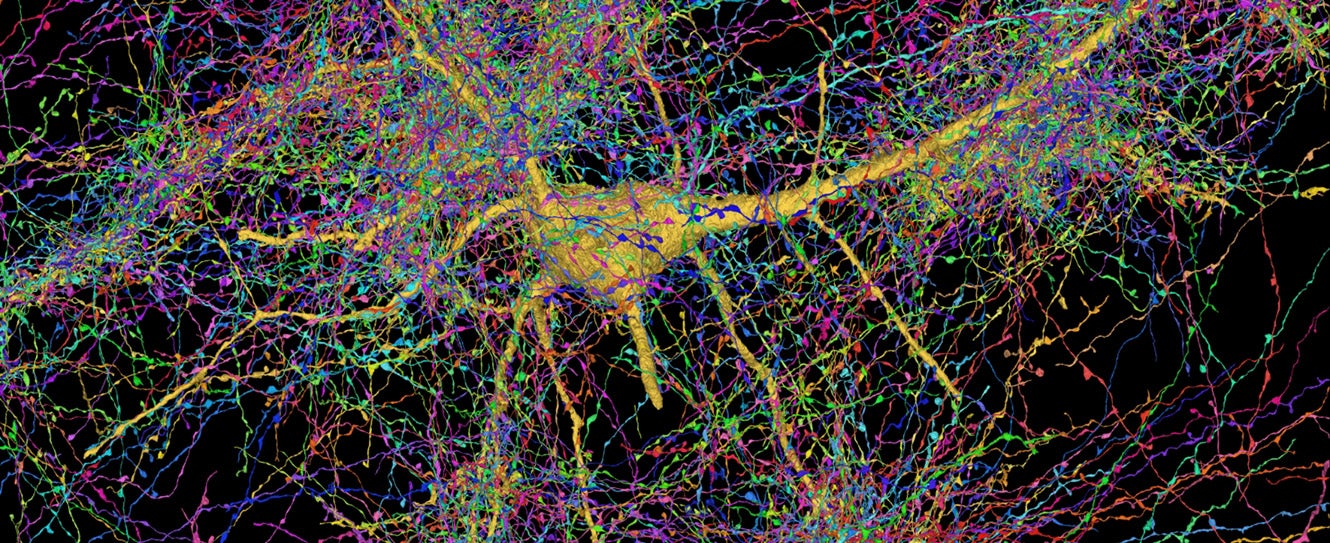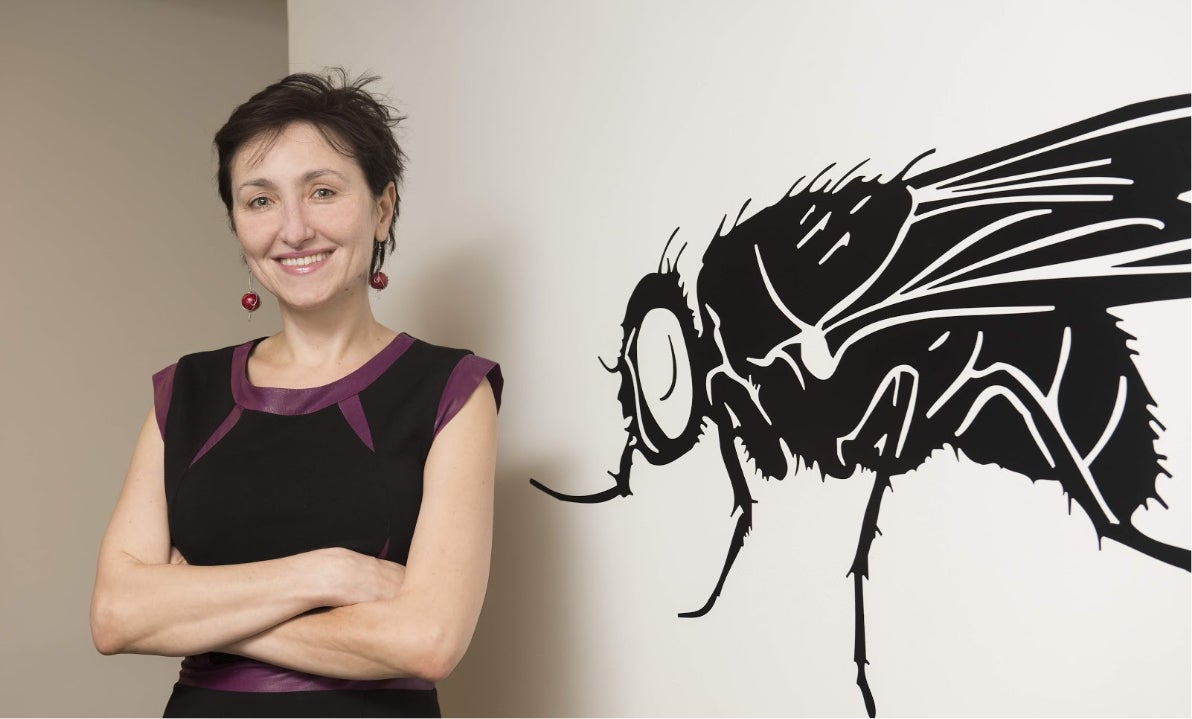For Rodman “Rod” W. Moorhead III AB ’66, MBA ’68, and his wife, Alice, their longtime support of brain research at Harvard is rooted in their family history. Having seen loved ones grapple with attention-deficit/hyperactivity disorder, language-learning issues, and Parkinson’s disease, the couple was inspired to help catalyze innovative research into new treatments—and ultimately cures—for diseases and disorders of the brain.
In 2014, the Moorheads made a gift to establish a collaborative grants fund for the Harvard Brain Science Initiative (HBI), which had launched that year to promote interdisciplinary exploration among neuroscientists from the Center for Brain Science in the Faculty of Arts and Sciences, the Department of Neurobiology at Harvard Medical School (HMS), and HMS’s affiliated hospitals. The Moorheads wanted to breathe life into small, innovative projects focused on uncovering the biological bases of brain diseases. A few years later, impressed by HBI’s work, they provided additional support.
Now a new gift from the Moorheads has established the Alice and Rodman W. Moorhead III Neurobiology Seed Grants Fund at HMS, providing much needed support for the bold, creative collaborations that are central to HBI’s mission, enabling a broad range of neuroscience research that may yield fundamental insights into the mechanisms underlying how the brain works.
“These scientists are doing such remarkable work—things we couldn’t have imagined possible a short while ago—and we are excited to see what new discoveries these grants can seed,” says Rod Moorhead, a member of the HMS Board of Fellows and the HMS Discovery Council.
The seed grants are selected from a large number of applications through a competitive process overseen by David Ginty, the Edward R. and Anne G. Lefler Professor and chair of the Department of Neurobiology at HMS, who notes that the Moorheads’ unwavering enthusiasm to back new ideas in the field of neuroscience is “deeply palpable and highly appreciated.”
“The Moorheads’ recent gift provides a much-needed opportunity to support high-risk, high-reward research in its early stages,” says Ginty, “especially for faculty who have seeds of ideas but need assistance to pursue and cultivate those ideas into bona fide research programs.”
“These scientists are doing such remarkable work—things we couldn’t have imagined possible a short while ago—and we are excited to see what new discoveries these grants can seed.”


